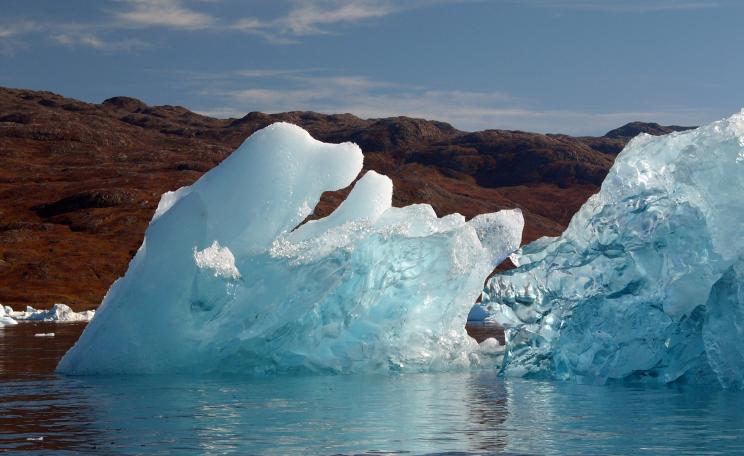Changing the rules of this system is impossible without intervening at the very heart of the logistics of fossil capitalism.
The group Direct Action Berlin announced the occupation of a large coal plant in the city's Moabit district on the morning of 8 August.
During the early morning hours, more than 20 people managed to gain access to the power plant processing hard coal, a major climate killer.
The group's message: “We do not have time anymore to put our trust the empty promises of politicians. Governments around the world have shown us too often that they are not able to contain the climate crisis. Let us take climate justice into our own hands!”
Dispossession
Contrary to lignite, which is still mined in Germany, hard coal production was already phased out in 2018 due to its adverse environmental impacts and its high cost of production.
This does not, however, prevent power plant operators in Germany from acquiring hard coal elsewhere in the world. In 2019, hard coal still accounted for almost 10 percent of German power generation. It is now imported from countries such as Colombia and Russia.
As the activists point out, hard coal is not only extremely harmful to the climate, it is also blood coal, gained through the dispossession of local indigenous communities at the hands of large multinational corporations.
The occupation is part of a larger wave of protests under the hashtag #AufstandMitAbstand, which seeks to draw attention to the intersections of colonialism, fossil capitalism and the climate crisis. One of the coalition's speakers pointed out that the capitalist system “endangers our livelihood and further fuels the climate crisis”.
Changing the rules of this system is impossible without intervening at the very heart of the logistics of fossil capitalism.
Changing the rules of this system is impossible without intervening at the very heart of the logistics of fossil capitalism, the activists assert.
Visibility
A group of climate activists also blocked multiple entries of a Shell refinery, in the city of Wesseling near Cologne, which had been the site of a 450,000 litre oil spill just last month.
A banner spanned across the river Rhine read: “Here: Profits. Elsewhere: Murder, Expulsion, Pollution, Destruction.” Another sign drew attention to the long-lasting struggle of Indigenous groups such as the Ogoni people, whose fierce resistance against the environmental crimes committed by Shell in the Niger Delta was met with full force and left hundreds dead and thirty thousand people displaced.
In the south German town of Heidelberg, activists blocked the headquarters of HeidelbergCement (HC), the world's second largest producer of concrete. In solidarity with fellow campaigners in Indonesia who are fighting to save the Kendeng mountains from a concrete factory planned by HC, they cemented their feet in front of the building.
Not only is HC engaged in serious human rights violations, the cement industry also accounts for 6 percent of global carbon emissions and is therefore one of the harmful 'invisible industries' have so far received relatively little attention on part of the climate movement.
Shift
The weekend marks a welcome shift within the dynamics of the German climate movement, which recently faced criticisms over its racism and its selective focus on national politics, and seems to increasingly have the courage to openly address colonialism and capitalism.
Yet centring climate justice is not only a moral stance, it is also a strategic choice. As many theorists of climate justice have pointed out, it is simply impossible to effectively address the climate crisis without paying attention to the social issues that enabled the emergence of the crisis in the first place.
The choice to engage in small-scale disruptive blockades also speaks to the frustration of a generation of young climate activists who are starting to realize that their voices are not being heard unless they retreat to the means of more radical direct actions.
As the #StopAdani and the #ShellMustFall campaigns have shown, there is also an enormous power in transnational organizing that can be harnessed if climate justice rather than national politics is made a central concern.
We can only hope that this weekend's actions will help to inspire the sustained and radical transnational campaign for climate justice that the world so urgently needs.
This Author
Elias König is a philosophy student at the Free University of Berlin. His research is in non-Western environmental philosophy.







